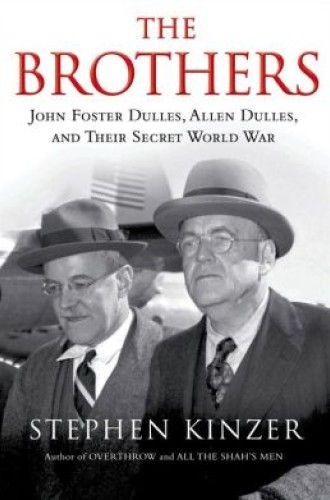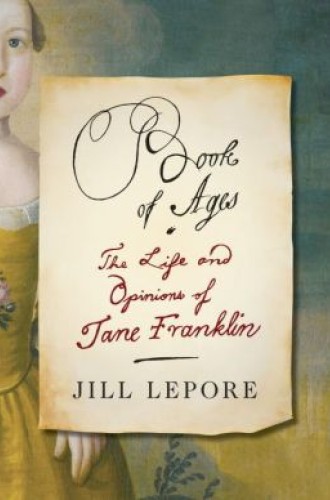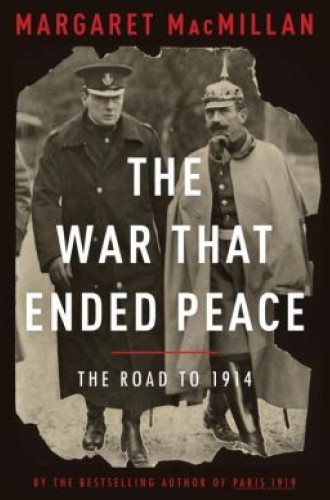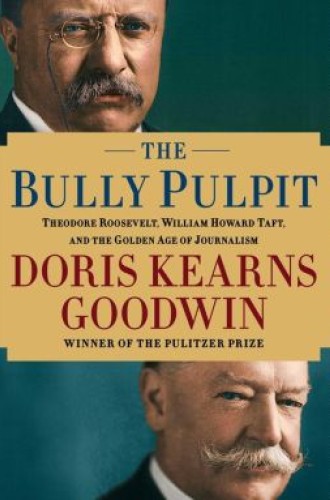History
The Brothers: John Foster Dulles, Allen Dulles, and Their Secret World War, by Stephen Kinzer. Kinzer has written several books about foreign interventions by the United States, including All the Shah’s Men, about the 1953 CIA-engineered toppling of the elected government in Iran. In this dual biography he provides a portrait of two of the men behind that coup. John Foster Dulles was secretary of state and his brother Allen was director of the CIA. These sons of a Presbyterian pastor were fueled by a sense of American exceptionalism and a desire to advance American commercial interests.
Book of Ages: The Life and Opinions of Jane Franklin, by Jill Lepore. Lepore is one of the finest writers among American historians, having won the Pulitzer Prize for New York Burning. Jane Franklin was Ben Franklin’s youngest and favorite sibling, with whom he exchanged letters. She lived largely in the shadows of history and left little behind by way of a literary legacy. Despite limited resource material, Lepore tells the story of this rugged woman, who read widely but wrote very poorly, as did most women in her day. Through Jane’s story, Lepore reveals what life was like for the typical woman in colonial America.
The War That Ended Peace: The Road to 1914, by Margaret MacMillan. Among the plethora of books about the Great War, this one is especially good at explaining the causes of this European conflict of monarchs. It was a war that wasn’t inevitable, yet once forces toward war were let loose, they couldn’t be stopped. It was a war that changed the map of the world and led ultimately to World War II. MacMillan adeptly profiles the characters bent on conflict, as well as others who tried to keep the peace.
The Bully Pulpit: Theodore Roosevelt, William Howard Taft, and the Golden Age of Journalism, by Doris Kearns Goodwin. Goodwin focuses on two political friends, Theodore Roosevelt and William Howard Taft, whose relationship fell apart when they challenged each other for the Republican nomination for president in 1912. This was an era of excess, ruled by powerful robber barons, which created a great divide between rich and poor. Goodwin also describes the skilled muckraking journalists who helped bolster Roosevelt’s agenda for reform. Roosevelt used the press to advance his cause, giving reporters access that would be unthinkable today. Contains lessons for our times.








